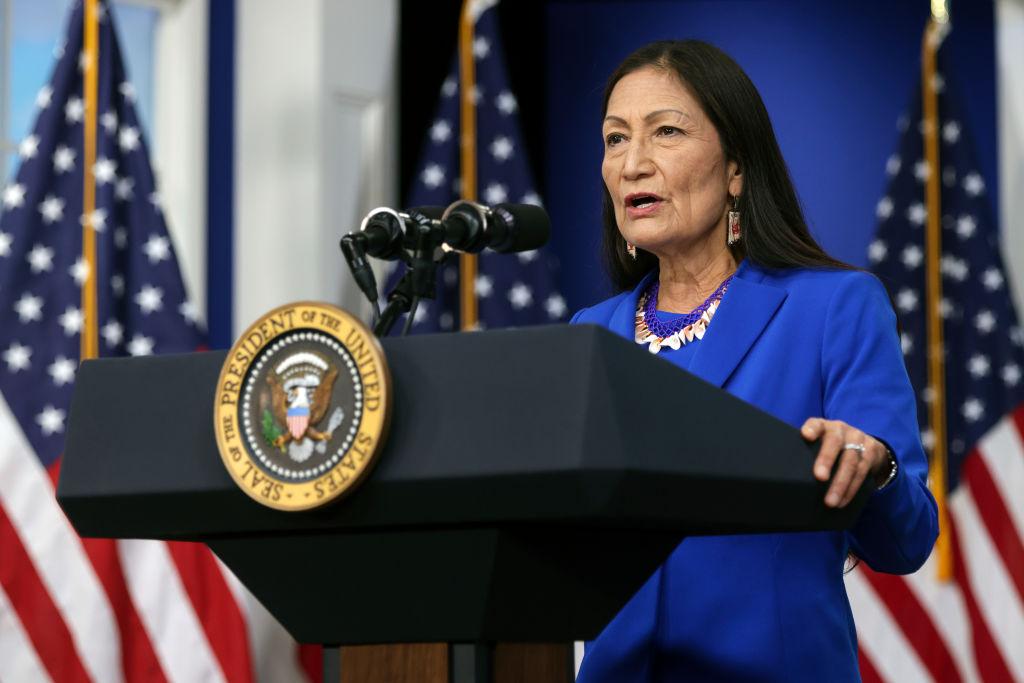The Biden administration is withdrawing from a land exchange deal that would have given the green light for construction to begin on a road through the protected lands of the Izembek National Wildlife Refuge in Alaska.
Secretary of the Interior Deb Haaland announced the administration’s withdrawal from the deal, initially made between the Interior Department and King Cove Corporation, in a statement on March 14.




